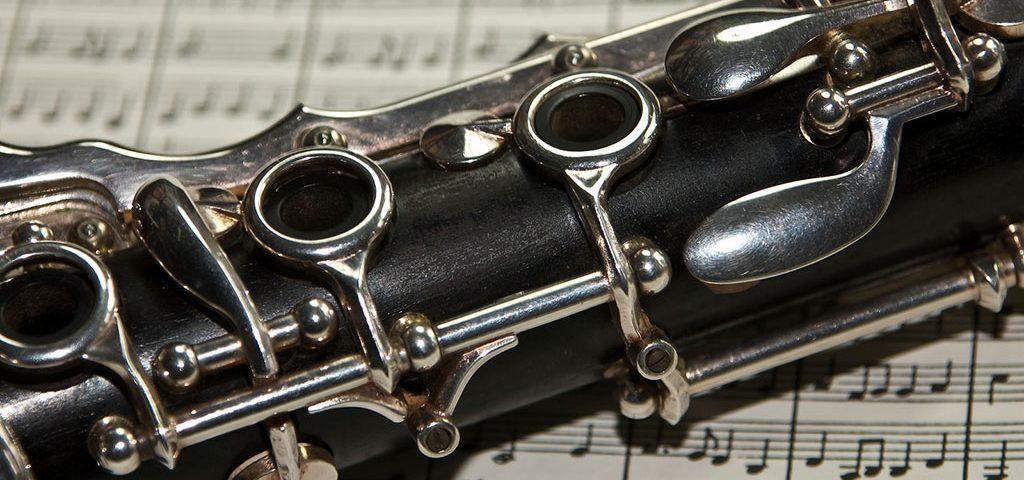
Over the past 15 years or more, our team at ProSono has been engaged in a search for suitable African blackwood alternatives.
A whole range of factors continues to drive shortages in the supply of musical-grade African blackwood (also called grenadilla, mopingo, pau-preto or ABW for short).
In this context, musical instrument makers and musicians are recognising the need to embrace suitable alternatives – if they haven’t already.
In this article, we offer:
- a short history of the use of African blackwood for instruments
- insights into challenges affecting the supply of African blackwood
- an overview of the current regulations that apply to African blackwood
- successes in finding sustainable alternatives – especially mopane and African leadwood.
A short history: African blackwood and its use for musical instruments
For certain woodwind instruments, African blackwood has been so widely used that it’s hard for some to imagine their instruments in any other material.
However, given the whole history of musical instruments, the widespread use of African blackwood doesn’t date back all that far!
Prior to the 20th Century, woodwind instruments in Europe were made largely from wood native to the continent, especially European boxwood.
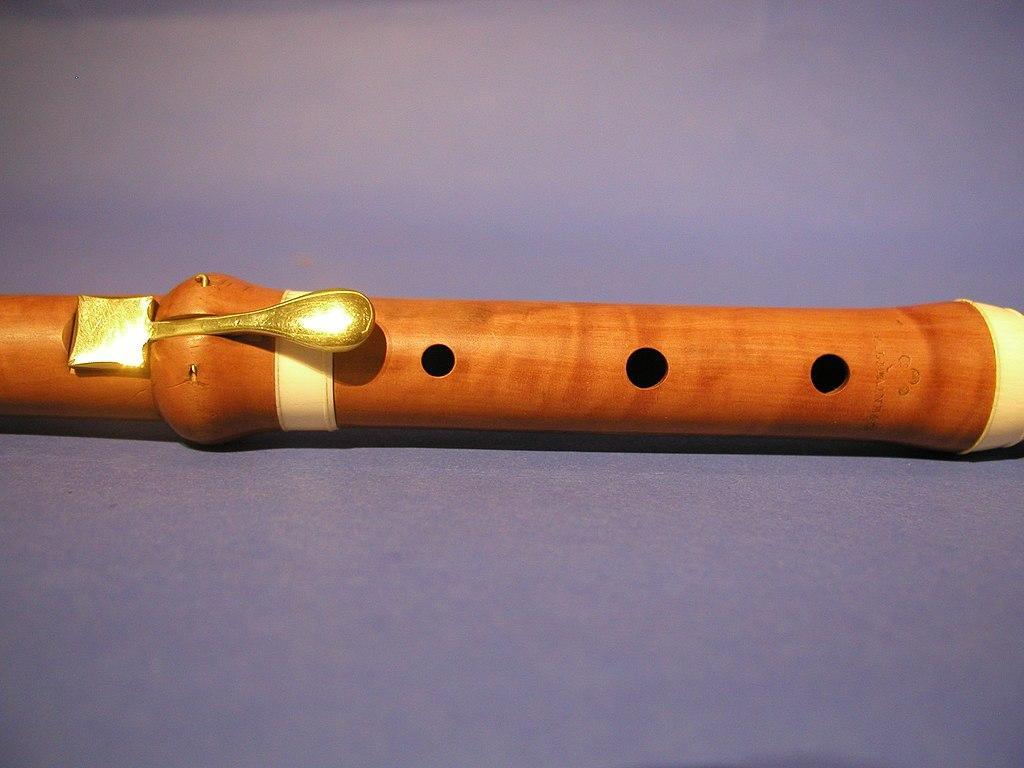
With the establishment of trade routes during the era of New Imperialism (from around 1870 to 1914), European markets gained access to hardwoods from other parts of the world, including Sub-Saharan Africa.
Cocuswood from the Caribbean became a popular choice for flutes in the 1900s – but reserves of the wood were rapidly depleted.
Quite quickly, the outstanding properties of African blackwood for woodwind instruments were recognised. By the 1920s, this hardwood was regarded as the wood of choice for many instrument types.
Factors affecting the supply of African blackwood
At ProSono, we continue to offer limited supplies (subject to very careful monitoring and regulation) of musical-grade African blackwood.
However, a number of factors are contributing to supply challenges.
Like many of the modern problems facing our environment, the situation is complex. We offer a summary of some of the key challenges.
Unregulated harvesting
An obvious threat to African hardwoods is careless and unregulated harvesting.
For example, precious African hardwoods are frequently harvested illegally and sold as firewood – or “sold for cheap” and shipped overseas in raw form. Rather than being carefully selected, trees are stripped from landscapes wholesale.
Please note that by contrast, ProSono is committed to an approach that is sustainable and ethical. (For details, please see our page on what we stand for and how we implement this).
Slow growth
It’s not a simple case of dwindling numbers. In fact, African blackwood trees grow reasonably easily. They occur over a broad area of Sub-Saharan Africa, with some of the richest reserves in Mozambique and Tanzania.
However, the trees grow slowly, taking as long as 60 years to reach maturity. In many areas, they remain small and bushy. Their slow growing time discourages commercial plantations.
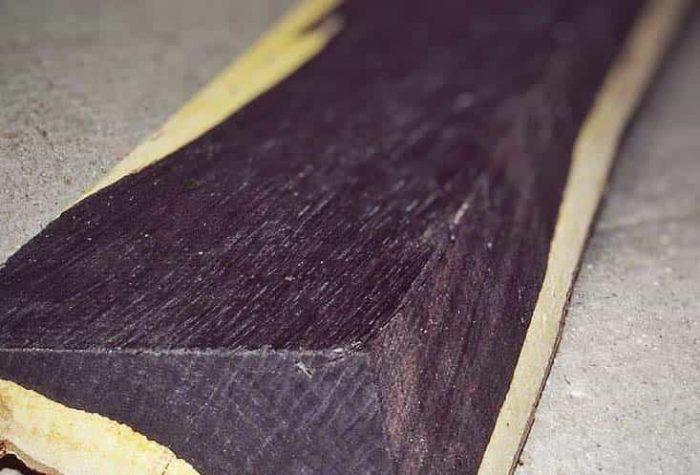
Due to a combination of all the factors we cover in this article, it’s getting harder to find sufficiently large trees that are candidates for sustainable, properly authorised harvesting.
Smaller trees don’t yield big enough pieces of high-quality heartwood to make musical instruments.
Conflict in northern Mozambique
Some of the largest reserves of African blackwood are in northern Mozambique. On-going conflict continues to put people and their environment at severe risk in this region.
In particular, the northern province of Cabo Delgado, which is rich in natural gas, has been experiencing on-going fighting for many years. In 2017, insurrectionists attacked the town of Mocimboa da Praia. This occurred not long after the discovery of gas deposits (and associated massive investment) in the area. Government troops responded.
Since then, confrontations have become a frequent occurrence. In 2021, this made international news, with an attack on Palma that resulted in the deaths of foreign workers, as well as local civilians.
The situation remains extremely volatile, with continued fighting and hundreds of thousands of people displaced. Over the first few months of 2024 alone, a further estimated 80,000 people have been forced to flee the region.
Severely declining quality of African blackwood from Mozambique
For 13 years, from 1999 to 2012, we bought and processed African blackwood from Cabo Delgado. However, the quality of the logs steadily declined.
Other suppliers experienced similar issues. For example, a French oboe maker let us know he was forced to reject 80% of the parts in a delivery of African blackwood from a German supplier. We won’t compromise on quality in this way.
In 2015, the Mozambican authorities banned all exportation of logs (of all species). This measure was intended to protect resources and to create employment in the many sawmills across the country.
In practice, this did little to help. Illegal operations didn’t all cease and, unfortunately, many local ventures collapsed. Among the challenges faced were corruption, lack of technical knowledge, outdated equipment and lack of staff motivation.
Other sawmills failed to satisfy quality requirements. Even transport posed a problem, with attempts by some sawmills to ship African blackwood as boards rather than as logs with their bark (the only real way to protect hardwoods in transport). As a consequence, boards arrived cracked through and without value.
As far as we can assess, the high-quality, legally harvested African blackwood required for musical instruments won’t be available from the region any time soon.
Current regulations that apply to African blackwood
In 2017, African blackwood – together with other Dalbergia species – was added to the Convention on International Trade in Endangered Timber Species (CITES), Appendix II.
This appendix is specifically for “…species that although currently not threatened with extinction, may become so without trade controls.”
Restrictions on trade in African blackwood
Internationally, trade in African blackwood in now controlled and subject to certification and permits.
Laws vary by country. Typically, export certificates are required for shipping African blackwood across international borders.
In many countries (including countries in the EU and North America), instrument makers must ensure that the African blackwood they use is legally sourced and imported. They must also keep relevant documentation and make it available for inspection if required.
Transporting African blackwood instruments across borders
For a period, instrument makers were required to get costly export certificates to ship African blackwood instruments to international customers.
Some musicians even reported difficulties crossing borders with their existing instruments.
Effective from November 2019, however, CITES agreed to exclude finished instruments from the protective legislation for African blackwood.
Sustainable alternatives to African blackwood
At ProSono, we’re pleased that two African hardwoods have achieved wide acceptance (and are continuing to gain ground) as sustainable alternatives to African blackwood.
These are mopane and African leadwood (which for musical applications, we refer to as elegant wood).
In his correspondence with us, Jochen Seggelke of Schwenk & Seggelke noted that, “…the resulting diversity takes the pressure off one type of wood and shows that musical sounds do not have to be uniform – I see that as a mandate and we want to help promote tonal and botanical diversity!”
About mopane for instruments
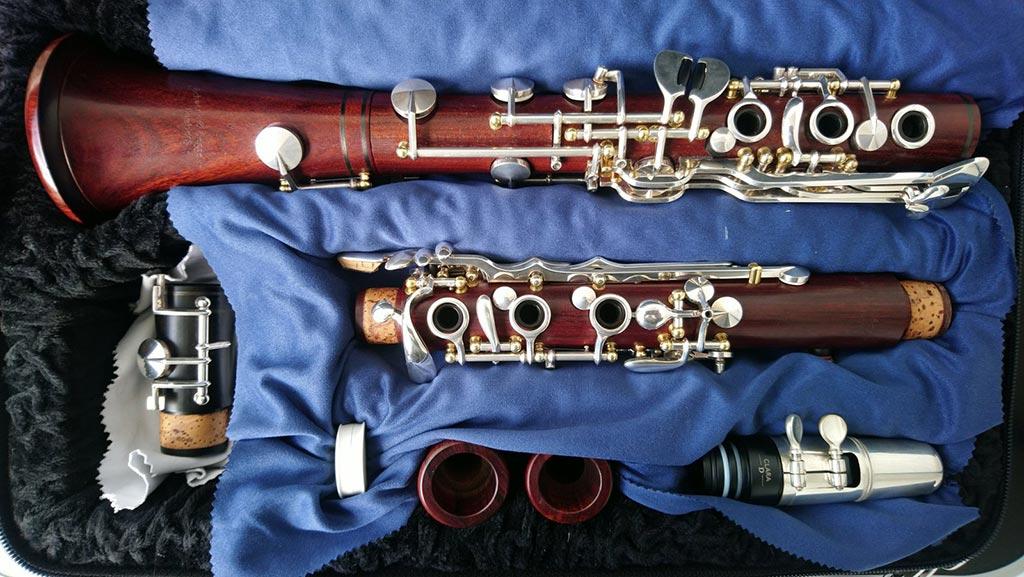
Mopane has ideal characteristics for a range of classical instruments. In particular, leading clarinet manufacturers have embraced this wood for its workability and both sound and aesthetic qualities.
Read more about the successes of mopane for clarinets in two of our recent blog articles:
- Mopane for Clarinets: A Breakthrough for Instrument Makers
- Buffet Crampon’s Introduction of Mopane Clarinets: Reactions and Demos.
About African leadwood for instruments
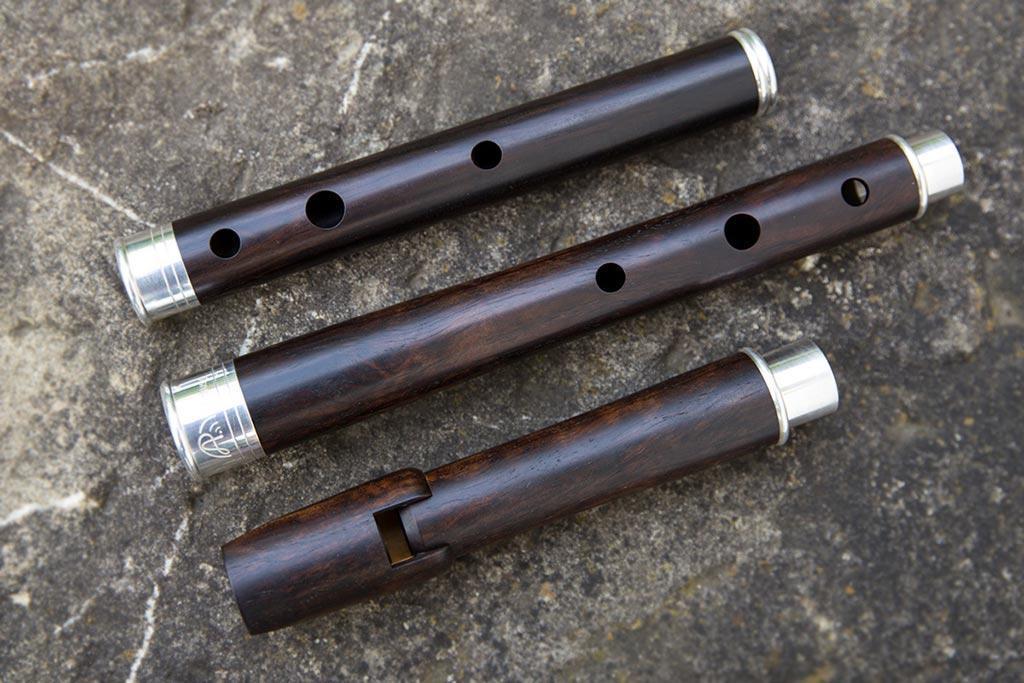
Leadwood, or elegant wood, is an increasingly popular choice for flutes and folkloric instruments. Leadwood clarinets also deliver beautiful sound and long-lasting performance.
Feedback we recently received about African leadwood for clarinet, from Jochen Seggelke of Seggelke Klarinetten:
“Leadwood / elegant Holz comes out beautiful; sound wise it is very rich and round. Playing a leadwood clarinet offers a good focus and excellent dynamic, as well as very large possibilities for all types of music! We would like to order and stock many more sets.“
We offer more details about African leadwood and its use for musical instruments in our recent article, African Leadwood for Flutes: Why We’ve Named it the “Elegant Wood”.
For more information about African blackwood alternatives or to discuss your tonewood needs, please contact us at ProSono. We ship ethically and sustainably sourced African hardwood – expertly processed and cut to required dimensions – to customers around the world.
